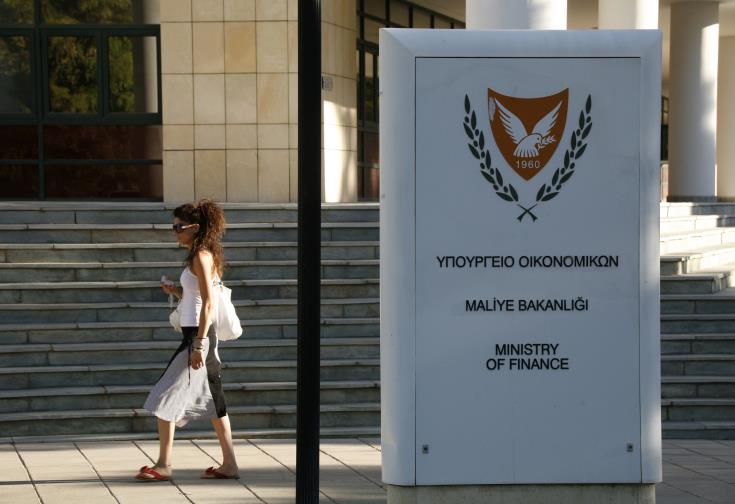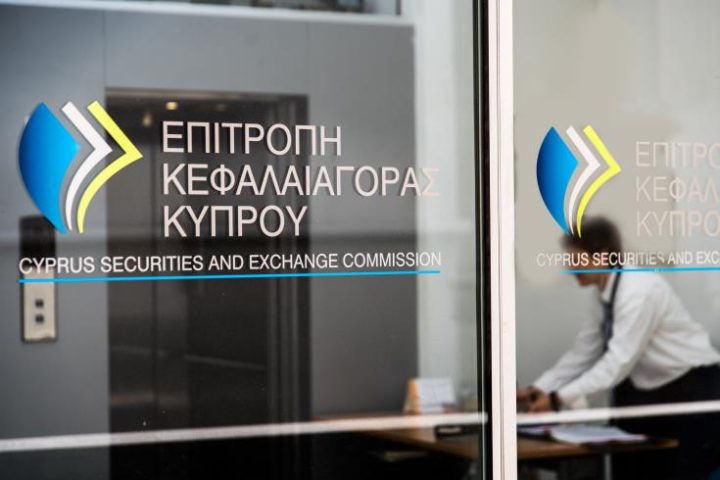The 6-year government retail bonds programme is expected to continue despite no longer carrying an attractive interest rate of almost 6% and having to depend solely on local investors.
Despite being removed from the Citizenship for Investment Scheme, it was originally designed for, and offering much lower interest rates, retail bonds are portrayed as an attractive low-risk investment vehicle for local investors looking to play it safe.
With the government already repaying the first cycle of bonds matured in June 2020 at a higher interest rate than the six-year bonds carry at present, the Finance Ministry will continue the programme.
The programme launched in 2014 as a quick-fix to urgently raise funds for the cash-strapped government soon after the economic meltdown a year earlier, it was strapped to the Citizenship for Investment scheme.
It offered foreign investors another tool to complete the €2 mln investment then needed for naturalisation via investment.
However, these days it is reliant on local money as it was detached from the citizenship for investment scheme in 2016.
It was believed that the cabinet’s decision was consciously aimed at turning foreign investors towards other types of investments, and specifically to the real estate sector.
The decision was also interpreted as the result of criticism from the European Union, portraying the retail bonds programs as selling off Cyprus passports in exchange for cash.
Public Debt Management Office official Stelios Leonidou said that apart from the naturalisation incentive, foreign investors could also benefit from the attractive interest rate set at 5.75% at the beginning of the programme in 2014.
It dropped to 3.25% by 2015 and to 1.75% for a full six-year investment in October 2020.
Devoid of foreign interest
Following a cabinet’s decision to exclude foreign investors eyeing a Cyprus passport, in 2016, not a single cent from foreign investors has been deposited in the retail bonds scheme, but alternative instruments were introduced to non-EU nationals with no success.
In total, the retail bond programme, initiated in June 2014, has attracted to date nearly €840.2 mln.
More than half came from foreign investors before 2016.
Some €205 mln came during 2015 and a record €282.5 mln in 2016 with amounts dropping to just €75.8 mln in 2017, following a government decision to exclude retail bonds from the citizenship scheme.
As of November 2016, the government allowed foreign investors to invest in a special retail bond introduced to replace purchases of the six-year retail bonds by foreigners.
These bonds have a maturity of seven years and the investment ceiling per investor is set at €500,000, carrying an interest rate of just 0.75%.
This special bond issue in 2017 attracted a mere €770,000, a clear indication that this bond class is of no interest to foreign investors seeking naturalisation.
In the following year, the programme picked up again, this time around with only Cypriot investors participating, attracting €120 mln, dropping back down to €81.8 mln in 2019 and €33.7 mln until June 2020.
According to the PDMO, 2020 is expected to draw in less than 2019 due to the coronavirus crisis.
“Despite still being a small amount compared to previous years, it is a much-needed amount, in the government’s strive to cope with the outbreak and the effects of the lockdown on the economy,” said Leonidou.
Today the PDMO is looking towards Cypriot investors to sell the state’s retail bonds but has in the meantime slashed the interest rate by 84% since inception.
Despite the Finance Ministry’s decision to lower the once very attractive rate on retail bonds, to between 1 and 1.75% for issues published after 2 October 2020, it expects to see a steady demand from Cypriot investors.
The current issues in 2020 carried interest rates of between 1.75% and 2.5%.
“The programme is bringing in on average more than €5 mln a month. Although it may seem like small amounts compared to the needs of the country and money borrowed from international markets, it still contributes to the state’s liquidity, especially in a time like this,” said Leonidou.
Asked about doubts whether there will be enough liquidity to cover the bond payments bonds expiring in 2020 as income has been slashed, Leonidou said the government has enough liquidity to cover its needs after borrowing from international markets.
Concerns are heightened by the fact that bonds sold in the first two years of the programme, carried an interest rate of 5.5%.
Leonidou reaffirmed that the programme will continue as it is attracting local investors even with the interest rate at 1%, for one year and 1.75% if they entrust their money with the state for the full 6 years.
Moreover, interest earned from retail bonds is taxed at 3% while savings accounts in commercial banks carry a 30% tax on interest.










